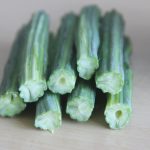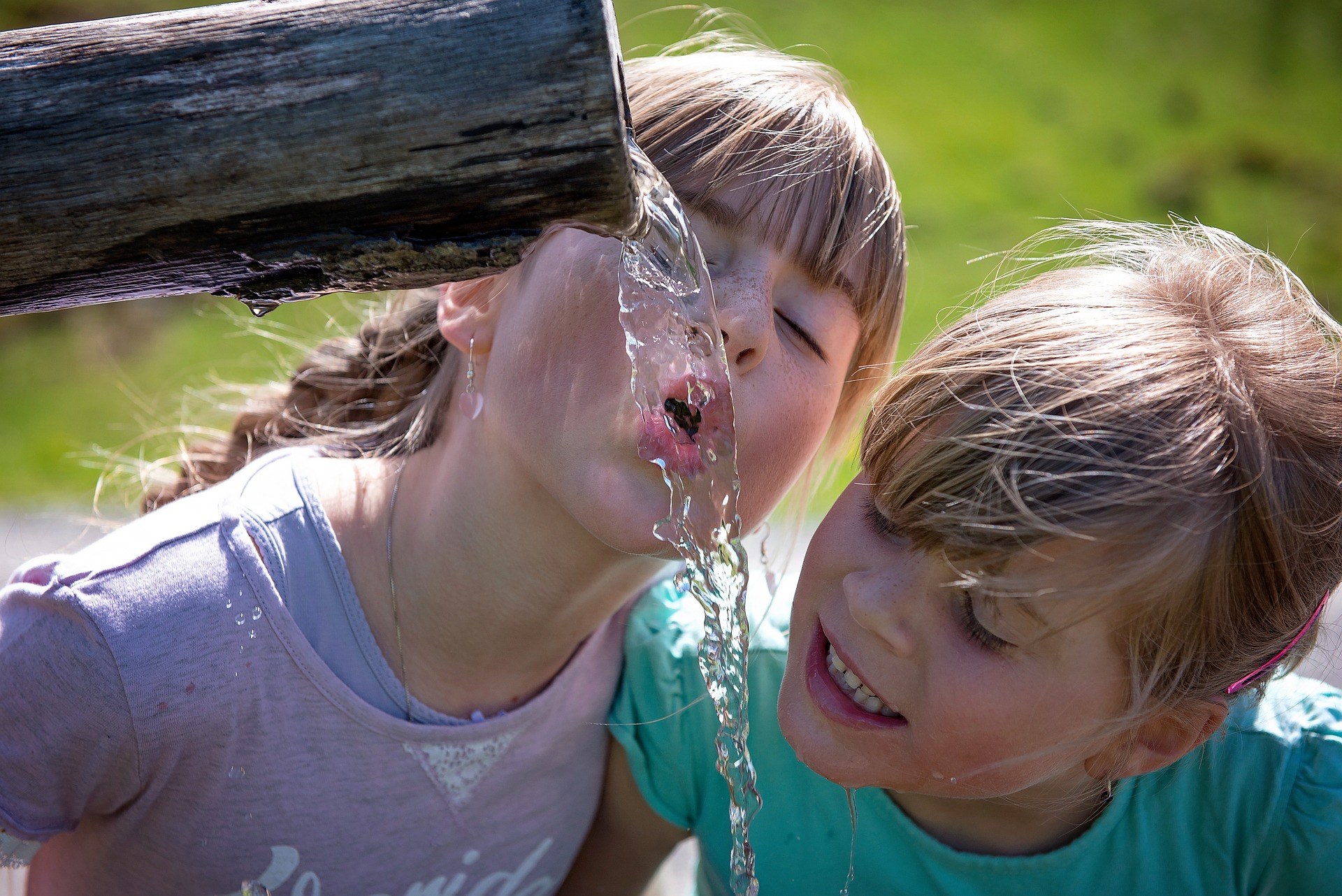
Dehydration is a common issue that many people face, often without realizing the impact it can have on their overall health and well-being. Whether caused by intense physical activity, excessive heat, illness, or simply neglecting to drink enough water, dehydration can lead to fatigue, headaches, dizziness, and more severe health complications if left unaddressed. The good news is that there are quick and effective ways to fix dehydration and restore your body’s optimal hydration levels.
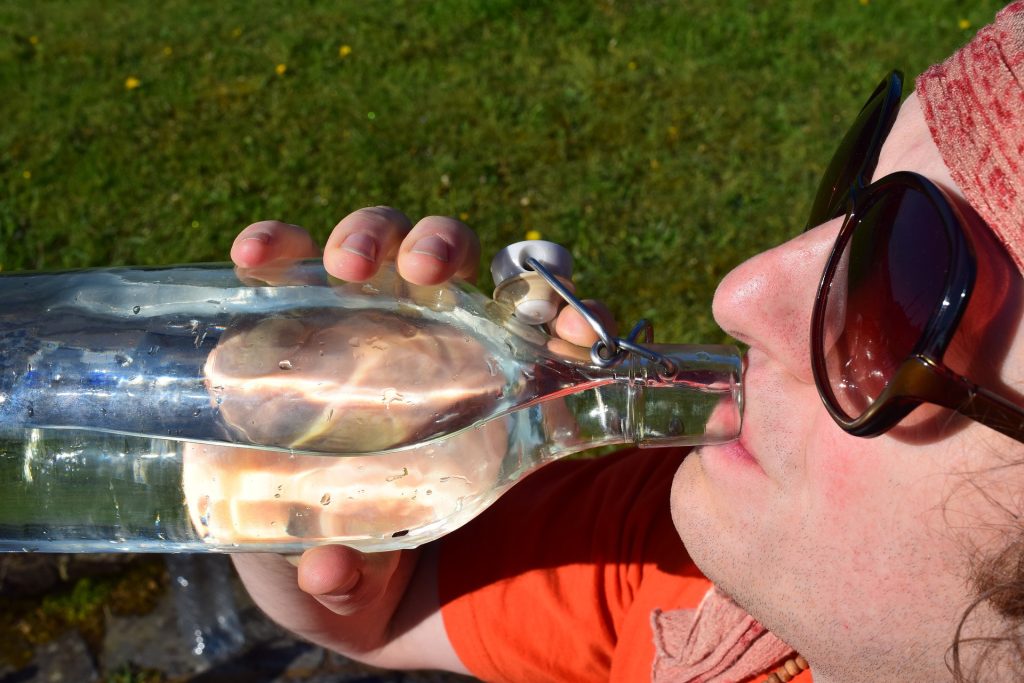
- Prioritize Water Intake
The most straightforward solution to dehydration is, unsurprisingly, increasing your water intake. Water is essential for various bodily functions, including digestion, nutrient absorption, and temperature regulation. When dehydration sets in, it’s crucial to prioritize drinking water consistently throughout the day.
Set a goal to consume at least eight 8-ounce glasses of water daily to fix dehydration quickly. Keep a reusable water bottle with you, and take regular sips rather than waiting until you feel excessively thirsty. A steady level of hydration can be maintained by this proactive approach and prevents dehydration from occurring in the first place.
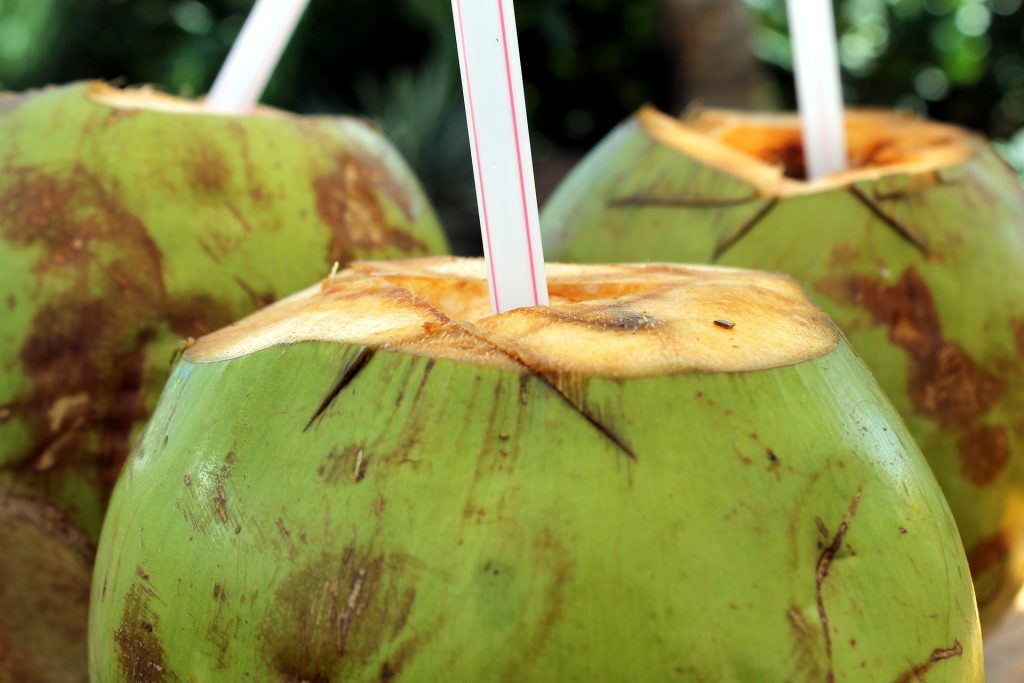
- Replenish Electrolytes
Electrolytes are minerals such as sodium, potassium, and magnesium that play a vital role in maintaining proper fluid balance in the body. You lose electrolytes through sweat when you’re dehydrated, especially after intense physical activity or in hot weather. Replenishing these electrolytes is crucial for a fast recovery from dehydration.
The electrolyte balance can be restored effectively by drinking sports drinks, coconut water, and electrolyte-enhanced water. Additionally, a natural and healthy way to replenish these essential minerals can be by incorporating electrolyte-rich foods into your diet, such as bananas, oranges, and leafy greens.
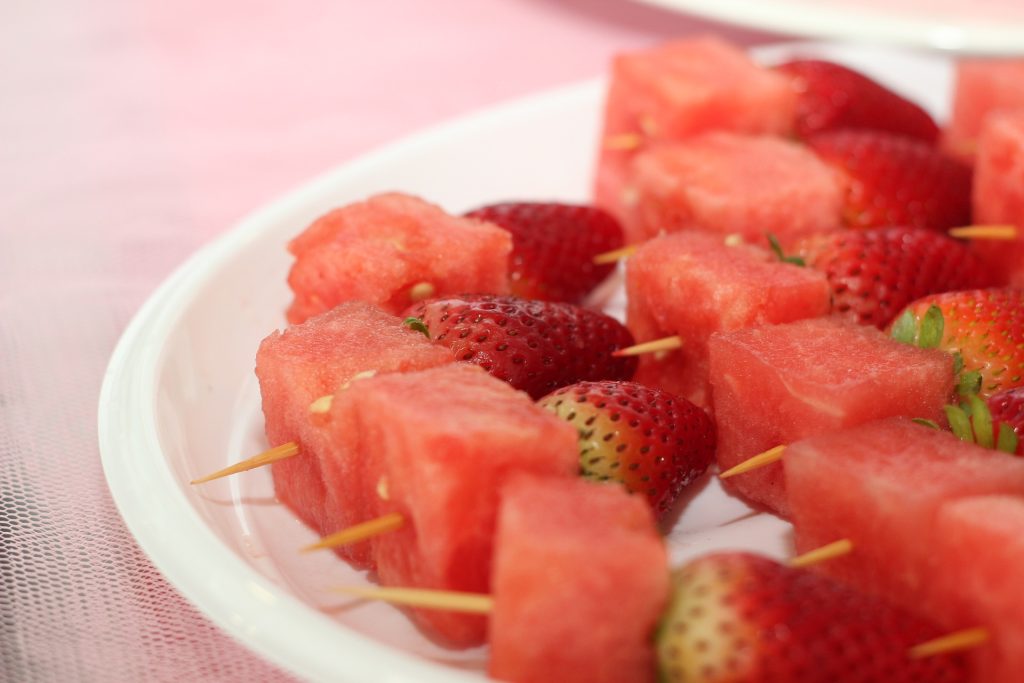
- Consume Hydrating Foods
Fixing dehydration isn’t limited to just drinking water. Incorporation of hydrating foods into your diet can also boost your hydration levels. Fruits and vegetables with high water content, such as watermelon, cucumber, and strawberries, can contribute significantly to your overall fluid intake.
Including soups, broths, and foods with high water content in your meals can be a tasty and efficient way to stay hydrated. These foods not only provide water but also essential vitamins and minerals that support overall health.
- Consider Oral Rehydration Solutions
In cases of severe dehydration, especially due to illness or excessive fluid loss, oral rehydration solutions (ORS) can be a lifesaver. ORS contains a balanced mixture of electrolytes and sugars, promoting faster absorption of fluids in the body.
ORS packets are readily available at pharmacies and can be dissolved in water for a quick and effective solution. However, it’s crucial to follow the recommended guidelines for usage, as excessive intake of electrolytes can have adverse effects.
- Monitor Your Urine Color
Your urine color is a reliable indicator of your hydration status. dehydration is often suggested by dark yellow or amber-colored urine, while light yellow or pale straw colored urine indicates proper hydration. Monitoring your urine color throughout the day can help you stay aware of your hydration levels and act promptly if dehydration is detected.

- Avoid Dehydrating Substances
Certain substances can contribute to dehydration and hinder your efforts to fix it. Caffeine and alcohol, for instance, have diuretic effects, increasing urine production and potentially leading to fluid loss. While moderate consumption of these beverages may not cause significant issues, but dehydration can be exacerbated by excessive intake.
During periods of dehydration, it’s advisable to limit your consumption of caffeinated and alcoholic beverages and focus on hydrating alternatives like water, herbal teas, or diluted fruit juices.
Conclusion
Dehydration is a common concern that can affect anyone, but with the right strategies, it can be addressed quickly and effectively. Prioritizing water intake, replenishing electrolytes, consuming hydrating foods, considering oral rehydration solutions, monitoring urine color, and avoiding dehydrating substances are key steps to fix dehydration fast.
Remember that prevention is the best medicine, so make a conscious effort to stay hydrated throughout the day. By adopting these practical approaches, you can ensure that your body maintains optimal hydration levels, promoting overall health and well-being.



